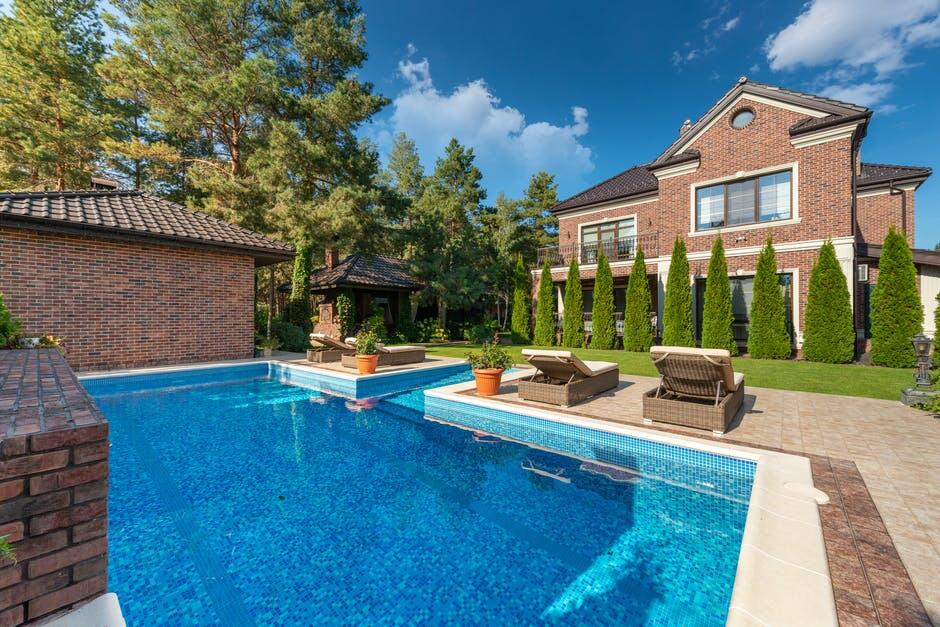When it comes to creating a relaxing pool experience, the temperature of the water is a key factor. If you want to extend your swimming season into the cooler months or want a relaxing dip regardless of the weather, choosing the right pool heating option is important to consider.
In this article, we'll give you four pool heating options and their pros and cons to help you decide the perfect one for your pool needs. Read on to discover more.
Solar Pool Heating
Solar pool heating uses sunlight to warm your pool water. This provides eco-friendly heating with low operational costs over time.
Pros
Solar pool heaters harness renewable energy, making them a great option for a sustainable home. Using a solar heater also reduces reliance on utility companies and fuel prices.
Cons
Setting up solar PV panels requires a lot of space. If you do not have enough room to accommodate solar panels for the amount of electricity you'll need, this may not be a good option for you. Weather conditions may also affect the efficacy of your heating system.
Pool Heat Pump
Pool heat pumps transfer heat from the air or ground to your pool water, ensuring consistent heating regardless of weather. Although they're initially pricier, they save energy in the long run and can last up to 20 years with proper care.
Pros
Heat pumps use electricity to transfer heat to the pool water. They are also more energy-efficient than traditional electric heaters.
Cons
Heat pumps can have a higher upfront cost than other heating options. Efficiency can drop in very cold weather, rendering your heat pump ineffective.
Electric Pool Heater
Electric pool heaters use electricity for fast heating and easy installation. This is one of the pool heating options that provides precise pool temperature control.
Pros
Electric heaters heat pool water rapidly for on-demand needs. You can even adjust the temperature for personalized comfort. Electric pool heaters also integrate seamlessly into existing pool setups, so they won't get in the way of your filtration system.
Cons
Electric heaters can be pricey to run, especially in high-electricity-cost areas. They aren't the most sustainable option unless powered by renewables.
Heat Retention Pool Covers
Heat retention pool covers are cost-effective, reduce heat loss, and lower pool heating energy consumption. They're easy to use and can enhance heating strategies.
Pros
Heat retention pool covers complement heating systems, lowering energy consumption by preventing heat loss. Covers are convenient for daily use and easy to deploy and remove.
Cons
Pool covers do not count as a heating source, so they don't actively heat water. It's best to use this with active heating systems. Pool covers are also less effective in cold climates or periods of low sunlight.
Want to Learn More About Pool Heating Options?
Exploring the various pool heating options allows you to make an informed decision based on your preferences, budget, and environmental considerations. Whether you go for solar, heat pump, or electric heating, each option has its benefits and drawbacks.
For those in Southwest Florida, Channelmark Pools can help you create a luxurious backyard oasis. We specialize in top-notch pool installations and premium outdoor features. Contact us today for your pool needs!

